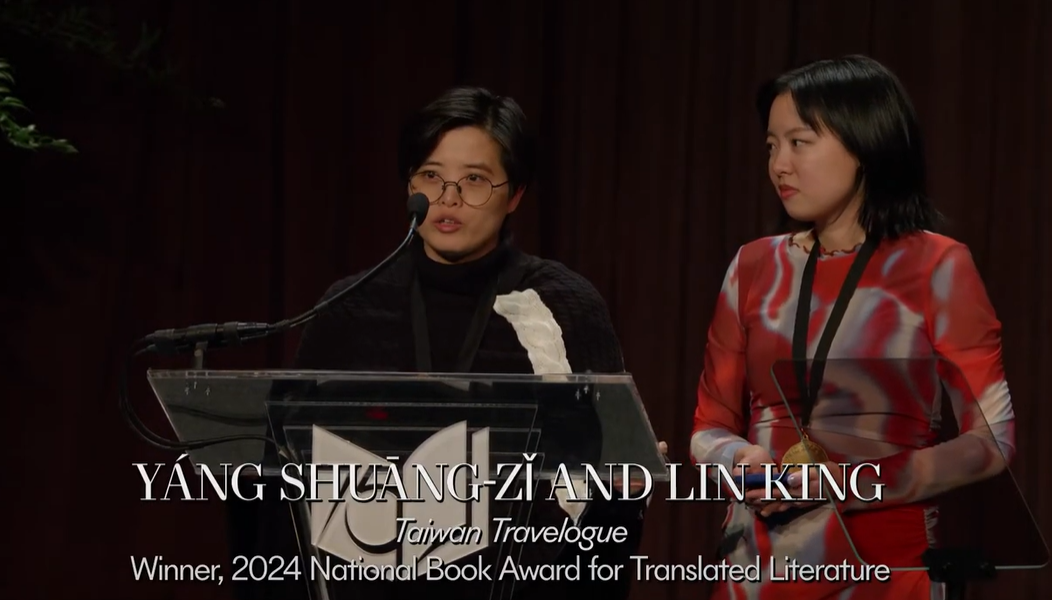CALL FOR ENTRIES
The 27th Stephen C. Soong Translation Studies Memorial Awards (2024–2025)
Introduction
Stephen C. Soong (1919–1996) was a prolific writer and translator as well as an active figure in the promotion of translation education and research. To commemorate his contributions in this field, the Stephen C. Soong Translation Studies Memorial Awards were set up in 1997 by the Research Centre for Translation, The Chinese University of Hong Kong, with a donation from the Soong family. They give recognition to academics who have made contributions to original research in Chinese Translation Studies, particularly in the use of first-hand materials for historical and cultural investigations.
Entry and Nomination
RCT invites Chinese scholars or research students in mainland China, Hong Kong, Macau, Taiwan or overseas regions to participate in the 27th Stephen C. Soong Translation Studies Memorial Awards (2024–2025). General regulations are as follows:
- All Chinese scholars or research students affiliated to higher education/research institutes in mainland China, Hong Kong, Macau, Taiwan or overseas regions are eligible to apply.
- Submitted articles must be written in either Chinese or English and published in a refereed journal within the calendar year 2024. Each candidate can enter up to two articles for the Awards. The publication date, title and volume/number of the journal in which the article(s) appeared must be provided.
- Up to three articles are selected as winners each year. A certificate and a cheque of HK$3,000 will be awarded to each winning entry.
- The adjudication committee, which consists of renowned scholars in Translation Studies from Greater China, will meet in June 2025. The results will be announced in July 2025 and winners will be notified individually.
- Articles submitted will not be returned to the candidates.
Continue reading Soong Translation Studies award–call for entries










